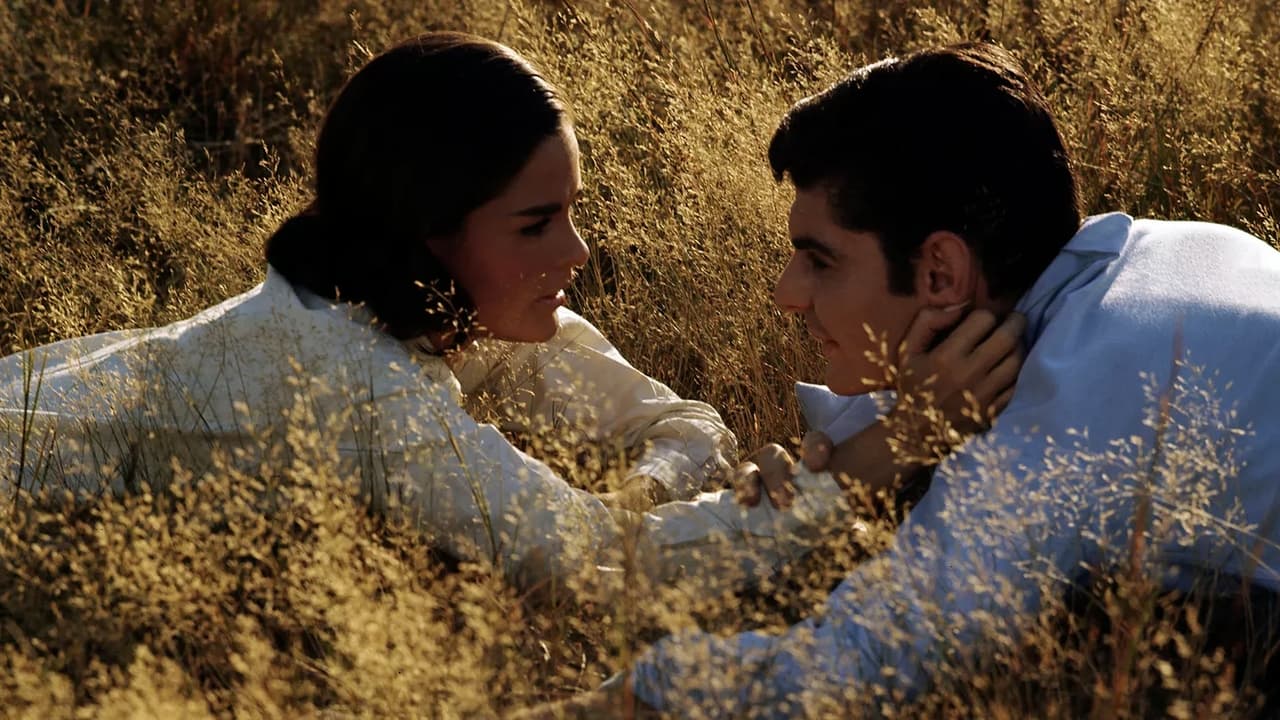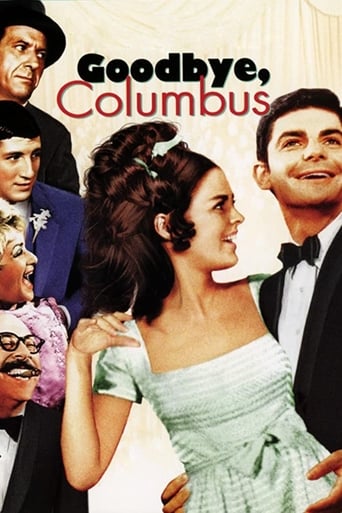

That was an excellent one.
... View MoreGood concept, poorly executed.
... View MoreThe performances transcend the film's tropes, grounding it in characters that feel more complete than this subgenre often produces.
... View MoreThe acting in this movie is really good.
... View MoreI saw Goodbye, Columbus when it was released and found it almost as profound and moving as The Graduate. Why has this movie been so neglected and forgotten? Why is it not shown on network or cable? It's terrific and still timely. Anyone have any ideas?
... View MoreTowards the end of the movie Neil and Brenda meet at an inn where she tearfully informs him that the cleaning lady discovered her diaphragm in her bedroom chest. Neil acts mildly annoyed at first then gives Brenda the third degree for failing to take the thing along with her back to Radcliffe. Her explanations are totally flaky and insufficient; she says to Neil he's always expressed dissatisfaction with her "beauty improvements", etc. Slowly he puts his coat on and leaves the room, where the movie ends with him outside waiting for the bus back to NYC.My take is that she engaged in this relationship halfheartedly, as a sort of late adolescent rebellion against her class-obsessed mother. But the rebellion was also halfhearted, and she eventually decided to remain the Jewish American Princess she really never stopped being.But instead of being direct, she "sabotaged" the relationship in a passive aggressive way by "accidentally on purpose" forgetting to take the diaphragm with her. Neil ultimately suspects this, but Brenda never admits it outright. After all, this was 1969 (but the social mentality was more like 1964), and psychological self-analysis and reflection had not become widespread yet.It was a bittersweet experience for me to watch this movie about a world that, by then in my life, I had one foot in and one foot out of.
... View MoreI recently saw this film again after seeing it when I was twelve (progressive Jewish parents).I didn't remember much about it except that Ali MacGraw took her clothes off, that it reminded me A lot of my family at the time, and that there was a very moving scene in a library with Richard Benjamin and a small African American boy.I was right on all counts -- Ali looks great (her first film), it STILL reminds me of my family and when I showed it to some friends of mine (also Jewish) they all said the same about their families, and the scene in the library is just as I remembered it. I was as moved today, some 36 years later, as I was back then.A wonderful comedy.
... View MoreI just watched it on PBS (why it was PBS, I'm not sure). The movie is bad in every single aspect. Bad acting, bad cinematography, bad story and plot/character development, REALLY bad editing (and i mean really bad editing....like a 70s porno without the porno)......but I couldn't change the channel. Something had me glued to my television set. I don't think I've ever laughed so hard (the dance scenes? pure comedic gold) during most of the movie. There's something bizzare about it. If it ever comes out on DVD, I'll buy it.
... View More